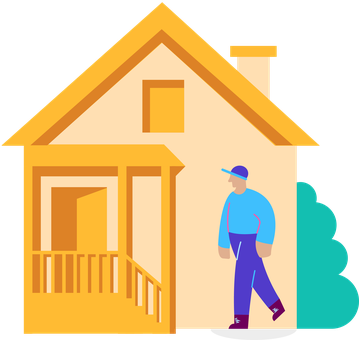The weather is getting significantly colder and many areas have called SWEP. However it is not just people who are sleeping rough who need to be safeguarded, as individuals accessing all types of homelessness services may be at risk.
The following information has been taken from the Government’s Cold-Health Alert (CHA) action card and should help you prepare and respond effectively.
Key actions
- Identify and monitor vulnerable individuals: Regularly update your list of individuals who are most susceptible to cold-related illnesses. This is likely to be many people accessing homelessness services as it includes those with health conditions, people with limited income and older people.
- Business continuity plans: Although this should be completed earlier in the year, it’s never too late! Review and update your plans to address potential surges in service demand during winter. Check out our Winter Provision and SWEP guidance for some ideas of how to do this.
- Training and communication: Ensure staff are trained on cold weather plans in advance and are aware of how to identify those at risk. Frontline workers should know how to advise and support people living in cold homes. There is free training from UKHSA here.
- Environment improvements: Make necessary adjustments to your facilities to ensure a safe environment, like draught-proofing and maintaining heating systems. Advise people living independently about how to maintain and warm their homes safely. Faulty or inadequate appliances can increase the risk of carbon monoxide poisoning, and damp and mould can have adverse impacts on people’s health. Shelter offer free training on Housing Conditions and Disrepair and Damp and Mould in Rented Properties
- Promote vaccination: Encourage flu and COVID-19 vaccinations among people accessing services and staff. Click here the latest information on COVID-19 vaccines and homelessness.
- Collaboration and information sharing: Work with local partners to coordinate plans and ensure efficient service delivery during adverse weather conditions.
- Stay updated: Sign up to alerts from the Met Office and local health authorities.
Your proactive response can significantly mitigate the risks associated with cold weather. The Government Cold Health Alert information includes different levels of alerts, and actions, so we encourage you to take a look. Let’s work together to ensure the safety and well-being of those we serve.
